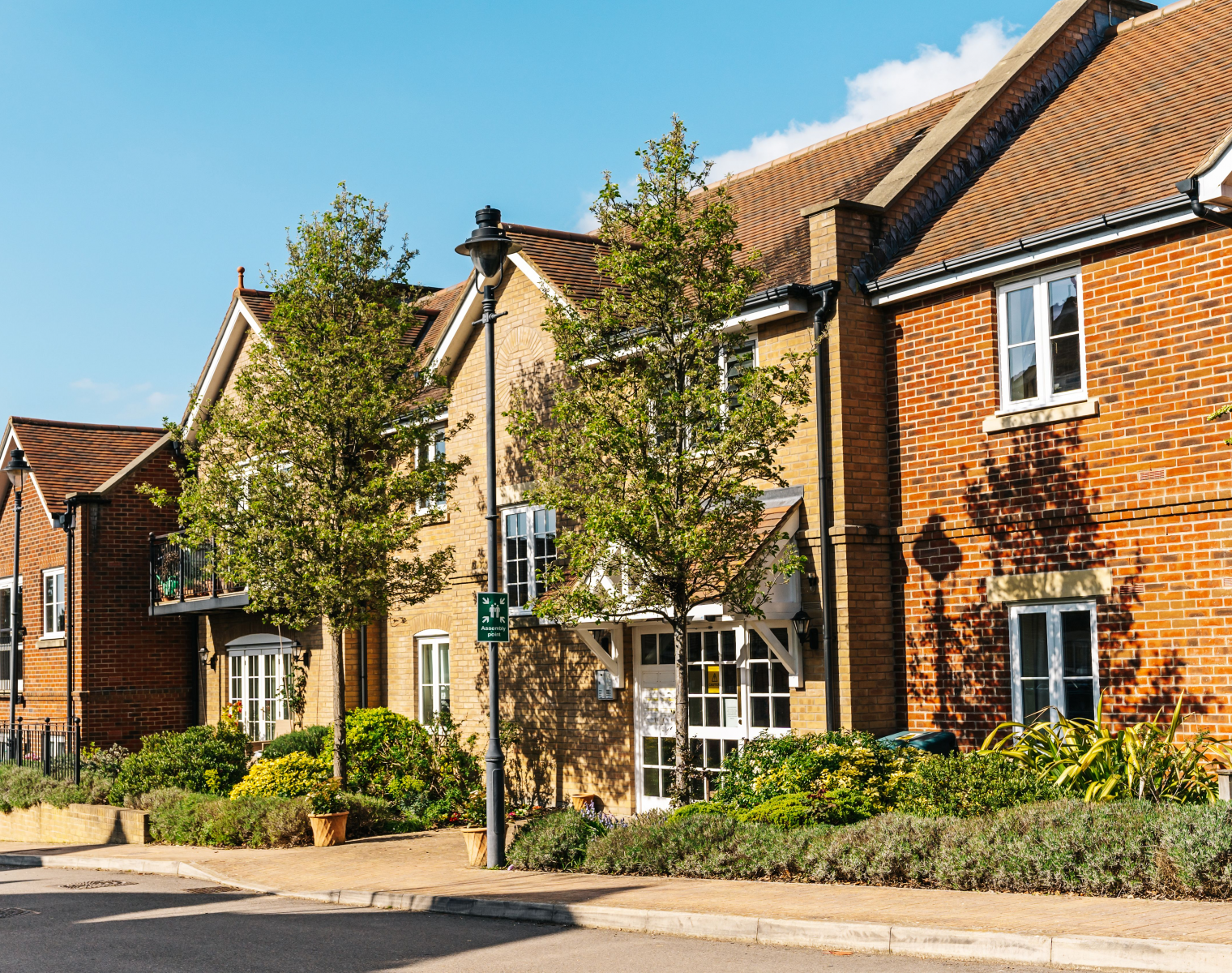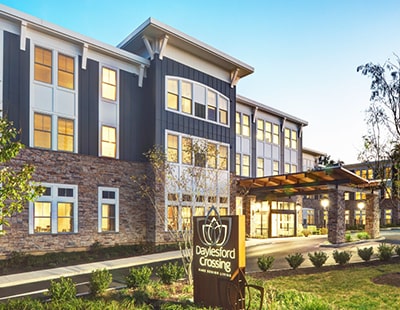In this guest piece, Jitesh Patel from Kajima Partnersips discusses why later living investment will become so important post-pandemic and represents an opportunity for socially responsible investment.
Despite HC-One, the UK’s largest care provider, indicating that it will sell off 16% of its elderly care portfolio, the decision isn’t an indication of oversupply in the sector. Rather, Savills estimates that elderly living is undersupplied by as much as 45%, and with over-65s expected to account for 24% of Britain’s population by 2039, demand is only set to grow.
Indeed, later living continues to offer a robust investment option. Yet, with just 0.6% of over-65s living in elderly accommodation - 10 times less than in markets such as the United States and Australia - elderly care evidently requires modernisation if it is to truly fulfil its potential.
Supporting care providers
HC-One’s decision offered little surprise following a challenging year for the elderly care sector. In May 2020, during the UK’s first Covid peak, the provider warned that high staff and equipment costs, combined with falling occupancy, were putting severe financial pressure on the group and others like it.
Yet, with Care England, the industry body representing major providers, calling for a £7 billion injection to support adult social care - a proposal supported by two thirds of MPs - there is hope ahead for the hard-hit sector. With the support of the government, rather than fighting for survival, providers will be able to focus on improving services, and developing offerings that provide confidence and support to those in need.
Offering flexible care
In its wake, it is painfully obvious that the care system was ill-prepared for the Covid-19 pandemic. We must learn from this and recognise the value in the ability to respond dynamically to external events, and prepare elderly care accordingly.
Rather than larger facilities, operators should look to increase investment in extra care housing that can be adapted over time according to the resident’s changing needs, therefore serving its purpose for longer.
While a third of Britons see retirement housing as synonymous with care homes, additional extra care housing can help to change that perception; encourage greater numbers to seek out elderly housing; and grow old in a safe, comfortable, and familiar environment.
Data-driven development
A recent report from the ADASS TSA Commission stressed that technology is being underutilised by the social care sector to keep people safe, happy and healthy. Indeed, the pandemic highlighted the striking lack of data collection that takes place in our care homes.
With difficulties accessing even basic information such as the number of residents accessing care services, hospital admissions, and deaths, operators’ ability to respond to sudden changes - such as those presented by Covid-19 - is limited.
Consequently, to become truly flexible we must urgently address data inefficiency and under-investment in technology in elderly care. Supported by data, we can ensure resources are being used effectively and, in turn, provide better quality care for residents.
Boosting economic recovery
The UK faces a long recovery from Covid-19, but our elderly population could play an important role in reducing the economic damage.
Despite talk of the brick-and-mortar’s demise, online shopping has made up just 30% of total retail sales during the pandemic, suggesting there is still hope for our high streets and centres. Although, the reality is that these spaces have been poorly designed to meet the needs of their most loyal customers, with spending by over-65s having increased by 75% since 2001 compared to a 16% fall among under-50s.
However, elderly care is increasingly being considered as part of regeneration plans, with providers such as the Retirement Villages Group having committed billions towards elderly housing that will ‘breathe new life’ into our struggling town centres.
We, of course, have a moral responsibility to provide our elderly citizens with the help and support they need, but this socially conscious investment could also pay economic dividends for those that do their part.
*Jitesh Patel is senior development manager at Kajima Partnerships, a developer and investor in the built environment









.png)










Join the conversation
Be the first to comment (please use the comment box below)
Please login to comment